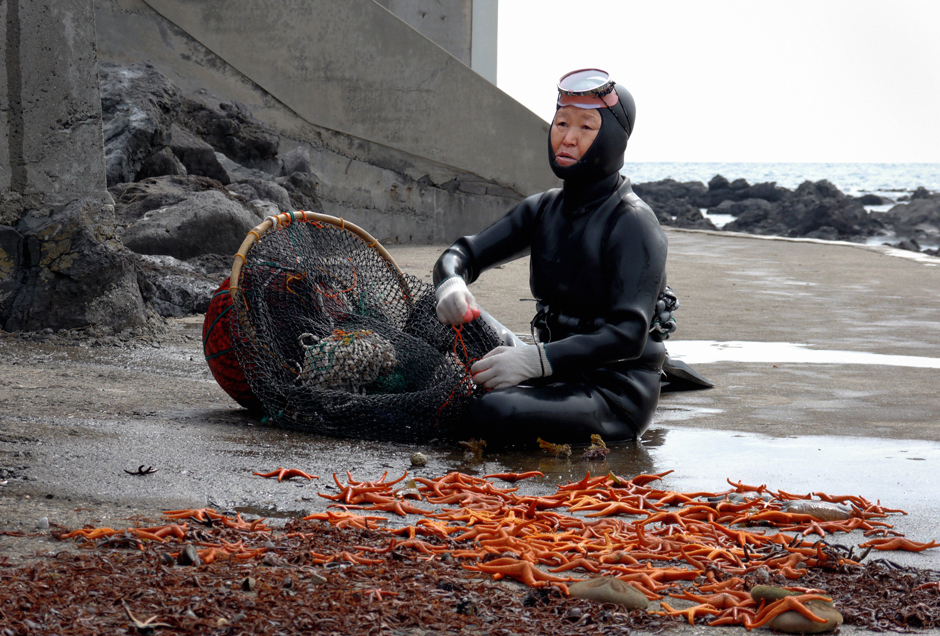Emile Durkheim’s influential philosophical thinking (a sociologist of the late 19th Century), claimed memory as a matter of how minds work together in society based on a unified commitment to a common objective; ‘collective memory’ subsequently becoming a crucial study of the social sciences, leading to such terms as ‘historical memory’; ‘historical consciousness’ or ‘collective psychology’. It is perhaps not coincidental that Durkheim’s study rose in tandem with the great economic expansion of the Colonial Empire, where the value systems of the West (its understanding of morality, deviance, class, religion, filial piety eg.) were assumed superior and thus forced onto the colonized whose livelihood, resources and dignity they stripped. These colonized were presented as alien and ‘other’ (to eventually become citizens of the ‘Third World’, of the newly independent ‘developing’ nations of the South), whose geography, customs, beliefs and value systems were subsequently collected, recorded, analyzed, written and spoken for, visually represented, showcased and ultimately judged and then governed within a particularly denigrating system of categorization.
Since the collapse of the colonial rubric, artists have been crucial in rendering the collective memory of this ‘south’, illustrating the persistence of local systems of culture, while also giving voice to the ongoing tension between industrialization and the desire to renew/return/remember traditional ways of life (though such return is often met with unease in communities where tradition is so official/culturally inculcated that it is very difficult to challenge, as seen in the work of Nguyễn Hương Trà). These artists often illustrate using the style of documentary (Giovanna Miralles, Nguyễn Trinh Thi) and montage (Mikhail Karikis), at times manipulating analog (Kidlat Tahimik) and digital (Amar Kanwar) techniques of film to give contrast or focus to fact or perhaps its fiction. At other times, the camera stands in as orator and thus the viewer stands in the traumatic place of the artist (Vandy Rattana), or the use of sound connects historical footage with that of today (Renata Padovan).
What connects this selection of artists, within this thematic, is not only their skill in crafting narrative, but their near ethnographic methodologies of social and artistic investigation (at times with great personal risk), often working with local communities whose rituals and memories have taken great detective work to locate, spending extraordinary amounts of time to gain their trust and confidence so as to be granted permission to record what they have witnessed, endured or suspected.
These artists ask from where does the science of the social resist or subvert the official archive; can the artist provide alternate articulation or translation?, and for whom? Ironic, playful and poetic answers may be found in the showcase and distribution of these filmic testaments, where the contexts of Bolivia, Korea and Brazil remember cultural rituals respecting water and its bounty; where the tale of a Filipino slave is the memory that writes the history of his country’s colonization; where a democratic India ironically invites a General of the Burmese military junta to pay respects to Gandhi; where issues of gender and sexuality struggle in the face of custom and ideology in Vietnam; where in Cambodia collective memory has been so destroyed by the Khmer Rouge that humanity appears to merely persist, in amnesia.
SCHEDULE

SAIGON, VIETNAM
19:30

KAMPALA, UGANDA
17:00

SÃO PAULO, BRAZIL
19:30
ORDER OF SCREENING
| ARTISTS: | FILMS: | DURATION (mins): |
| GIOVANMNA MIRALLES (BOLIVIA-UK) | UMATURKA The Call of the Water | 45:00 |
| MIKHAIL KARIKIS (GREECE-UK) | SeaWomen | 16:02 |
| RENATA PADOVAN (BRAZIL) | Aral Mermaid | 4:12 |
| KIDLAT TAHIMIK (PHILIPPINES) | Memories of Overdevelopment Redux I | 33:00 |
| VANDY RATTANA (CAMBODIA) | Monologue | 18:55 |
| AMAR KANWAR (INDIA) | The Face | 4:35 |
| NGUYỄN HƯƠNG TRÀ (VIETNAM) | Marriage Prayer | 8:48 |
| NGUYỄN TRINH THI (VIETNAM) | Love Man, Love Woman | 50:00 |













